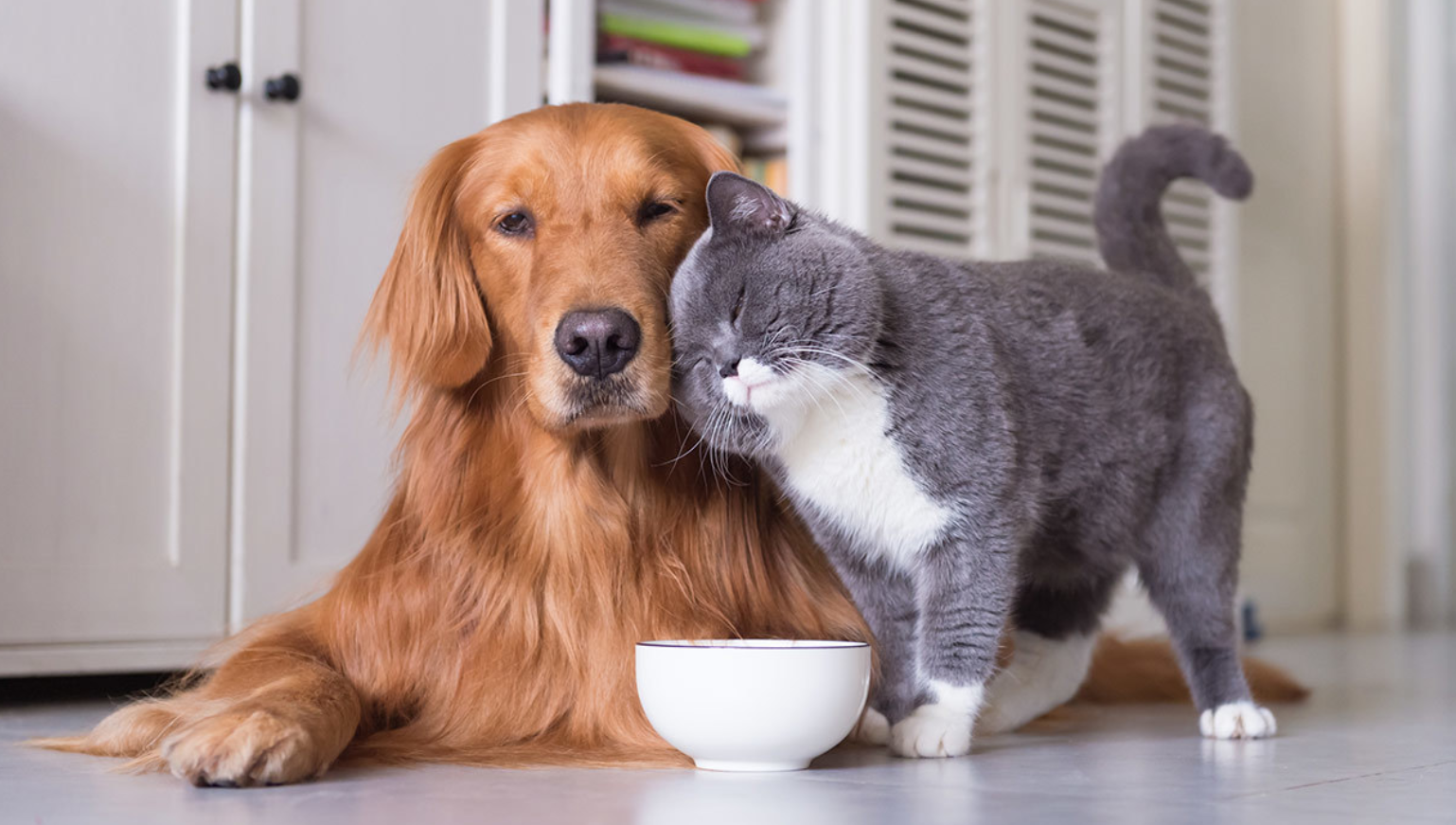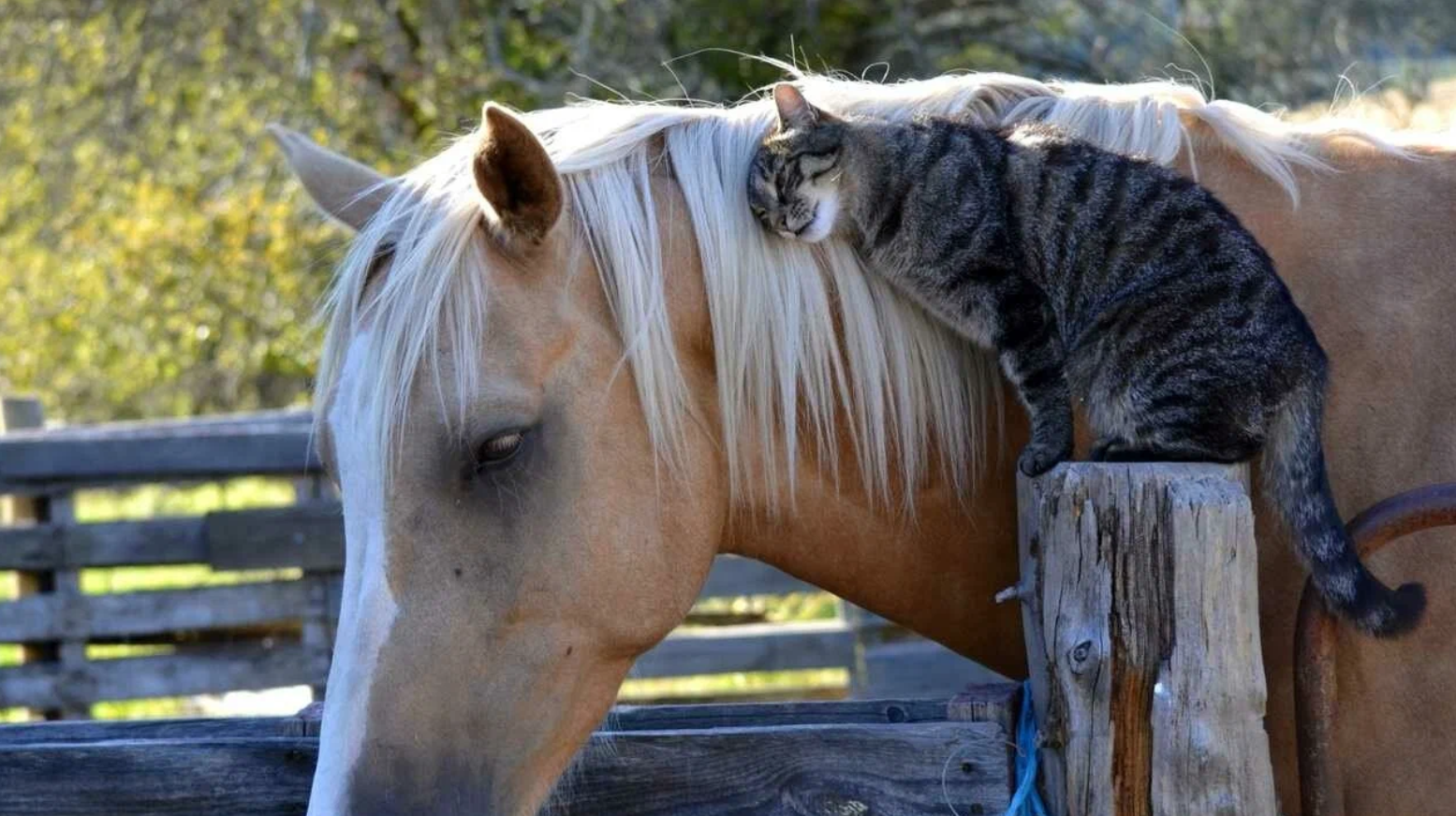How Animals Bring Happiness to Your Everyday Life

Animals have a magical way of bringing joy to our daily lives, often in ways we don’t fully understand. Whether it’s the playful antics of a cat, the unwavering loyalty of a dog, or the serene presence of a fish gliding through water, animals uplift our spirits and create moments of happiness that brighten even the darkest days. Let’s explore how our animal companions contribute to our daily sense of happiness and well-being.
Unconditional Love and Loyalty
One of the most fulfilling aspects of having an animal in your life is their unconditional love. Dogs, for example, are renowned for their loyalty. They don’t care how you look, what your accomplishments are, or what mistakes you’ve made. All they want is your companionship, and this pure, unjudgmental love can be profoundly healing. The wag of a dog’s tail when you return home is a surefire way to feel appreciated and loved.
Boosting Mental Health
Animals, especially pets, are well-known for their ability to alleviate stress, anxiety, and depression. Studies have shown that spending just a few minutes petting a dog or cat releases oxytocin, the “love hormone,” in the human brain. This Moreover, the rhythmic purring of a cat can be particularly soothing, creating a tranquil atmosphere after a hectic day.
Even for those without direct interaction with animals, nature can play a role. Watching birds feed or squirrels dart around in the park can be meditative and calming, serving as a gentle reminder of the beauty of life around us.
Encouraging Routine and Responsibility

Pets depend on us for their survival, which fosters a sense of responsibility. Whether it’s feeding your goldfish every morning or taking your dog for a walk, these small acts of care promote routine and provide a sense of achievement. A structured routine often leads to better mental and emotional well-being, grounding us in the present moment.
Physical Activity and Health Benefits
Pets, particularly dogs, encourage physical activity. Regular walks not only ensure the health of the pet but also benefit the owner. Exercise is a mood booster, Those playful games of fetch or frisbee provide an added dose of happiness while keeping you active.
Even non-traditional pets, like horses, offer unique opportunities to improve fitness and emotional well-being. Grooming, feeding, and riding a horse are physical activities that create a bond with the animal while improving your health.
Laughter and Play
Animals have an ability to make us laugh. Whether it’s a dog chasing its tail, a cat squeezing itself into an impossibly small box, or a parrot mimicking your phone ringtone, their quirky behaviors provide endless entertainment. Laughter is a powerful antidote to stress and an instant happiness booster.
Companionship and Connection
Loneliness is an issue in today’s fast-paced world. Animals fill this void by providing constant companionship. The connection we form with animals goes beyond words—it’s a bond built on mutual trust and affection. Even exotic pets like reptiles or birds build bonds with their owners, offering comfort and companionship in their unique ways.
Social Connection and Community

Animals are natural icebreakers. Walking your dog in the park or visiting the local pet store often leads to conversations with fellow pet owners. These social interactions can blossom into friendships and even community networks. Dog owners, for example, frequently form groups for walking or socializing their pets. These bonds created through animals help build a sense of belonging and shared joy.
For those who own less conventional pets, such as reptiles, rabbits, or birds, online communities provide a platform to share experiences, advice, and stories. These connections built around a shared love for animals offer support and camaraderie.
The Therapeutic Power of Animals
Animals have become integral to therapeutic programs aimed at improving mental health. Therapy dogs, for instance, are used in hospitals, schools, and nursing homes to bring comfort to patients and residents. Equine therapy, which involves interactions with horses, is widely recognized for helping individuals with emotional trauma or developmental disorders.
Service animals play an even greater role by transforming lives for individuals with disabilities. Beyond their functional assistance, these animals provide emotional security and stability.
Emotional Growth and Resilience

Having an animal companion teaches patience, empathy, and emotional resilience. Watching how an animal approaches the world, whether it’s a timid kitten learning to trust or a determined ant carrying its weight many times over, fosters respect for life and perseverance. For children, growing up with animals often instills values of kindness and responsibility, shaping how they approach relationships in the future.
Educational and Cognitive Benefits
Animals, especially in a family setting, stimulate curiosity and learning. Children exposed to pets often develop a stronger understanding of biology, empathy, and environmental stewardship. For example, observing a fish tank can teach responsibility and an appreciation for ecosystems, while watching backyard wildlife can spur interest in science and conservation.
Adults, too, can benefit from the cognitive stimulation animals provide. Training a dog or understanding the behavior of a parrot challenges the mind and fosters personal growth.
Cultural and Spiritual Significance
Across cultures and traditions, animals hold a sacred place in human lives. They symbolize qualities like bravery, wisdom, and loyalty. Cats were revered in ancient Egyptian society, while elephants are seen as harbingers of luck and prosperity in Indian culture. Even today, animals inspire spiritual growth. The act of nurturing or simply being in their presence can foster gratitude, peace, and harmony with nature.



